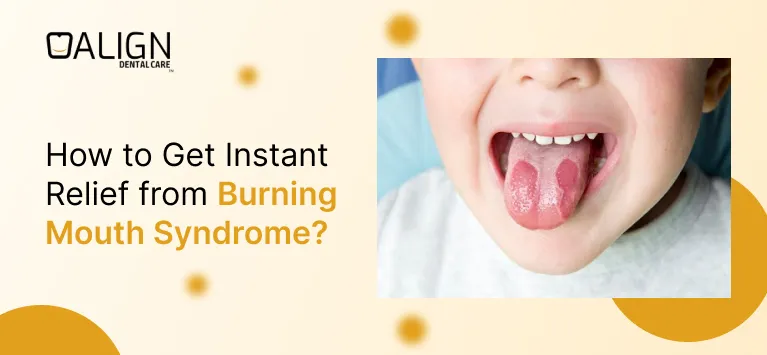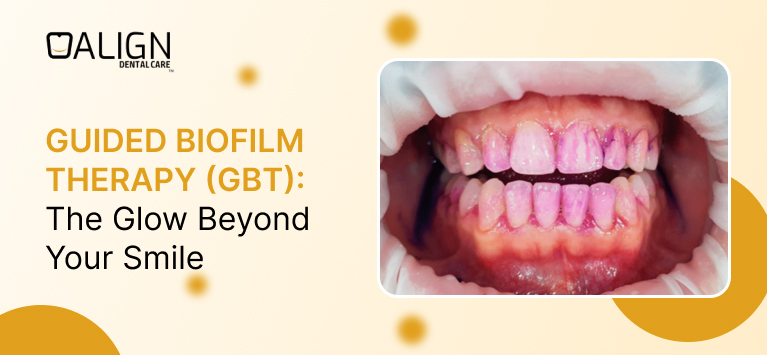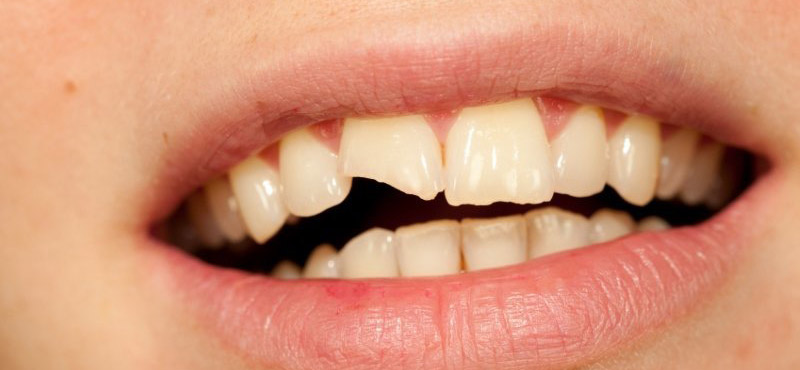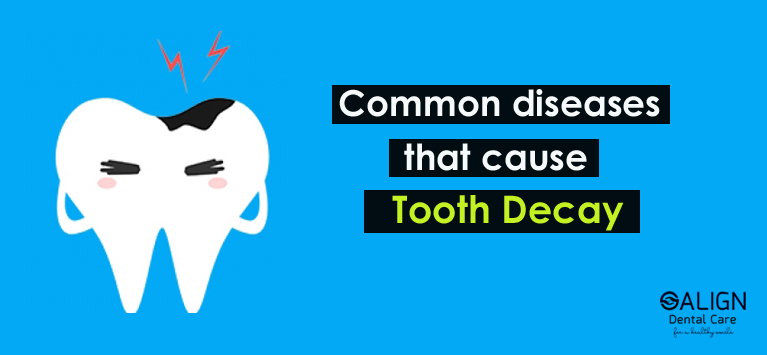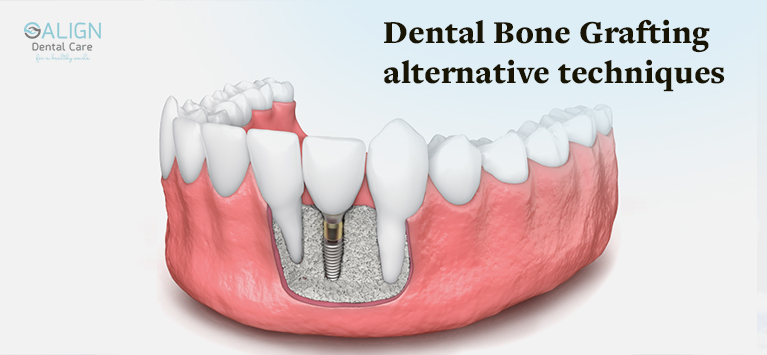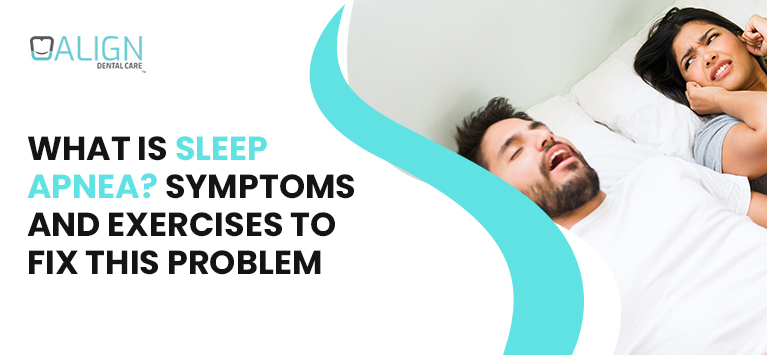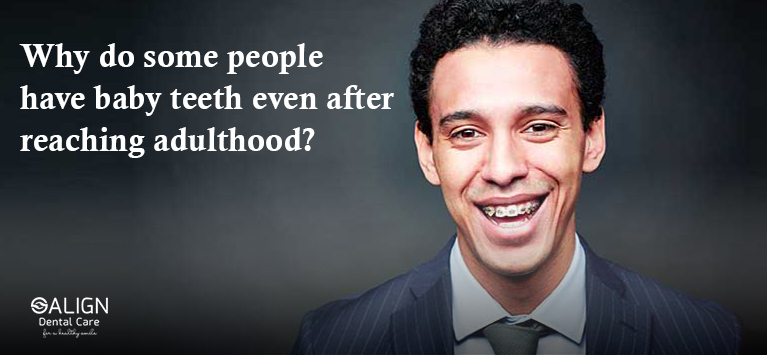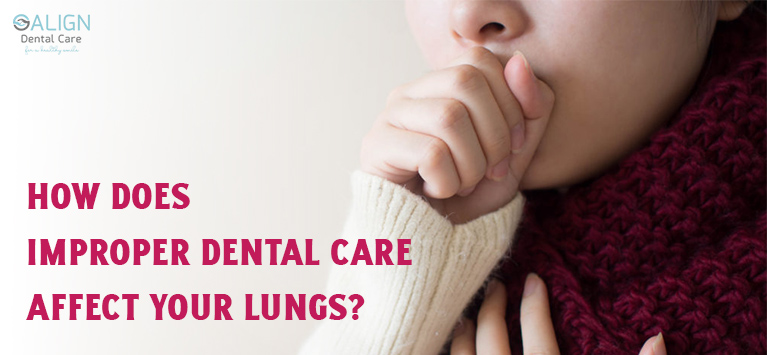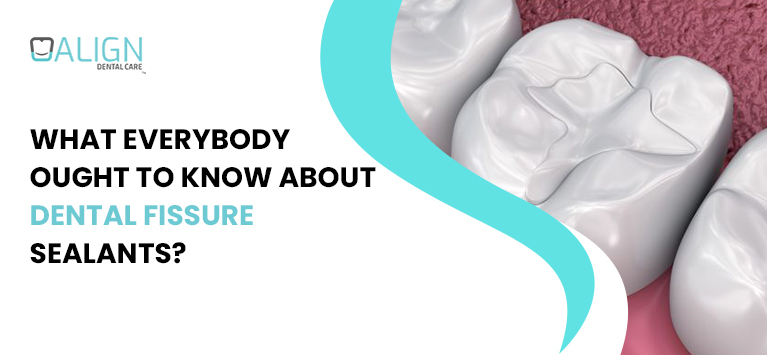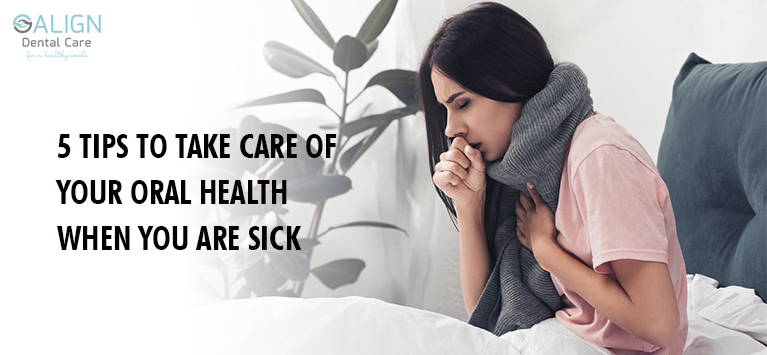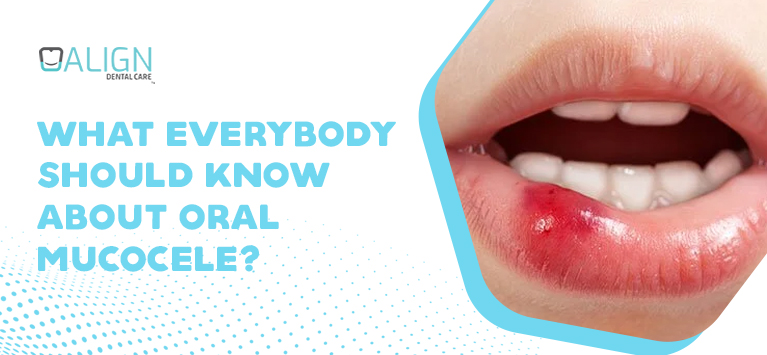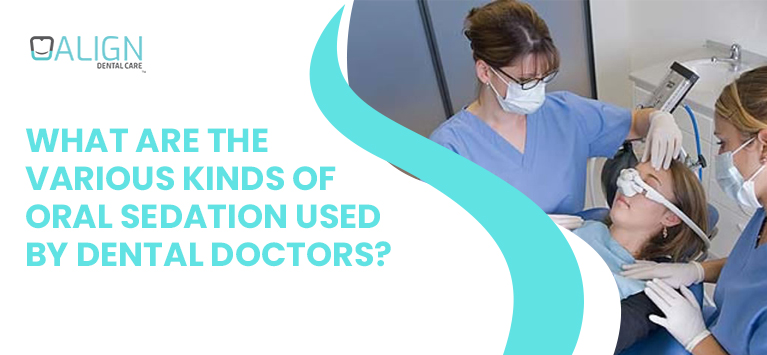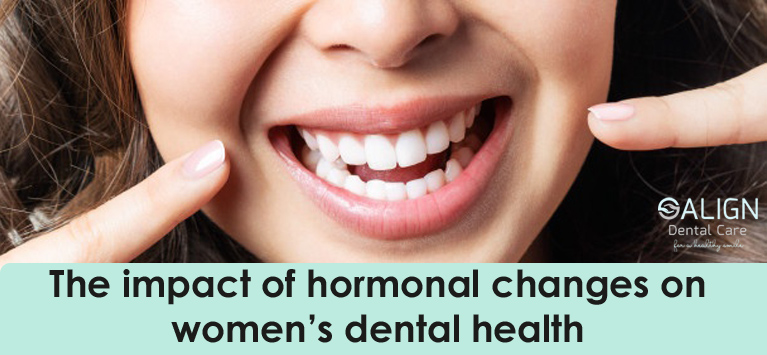
The impact of hormonal changes on women’s dental health
Women go through major hormonal changes throughout their lives, which can have a negative impact on their oral health. Many women are unaware of the impact that their hormone levels have on their teeth and gums.
At various stages of life, the complex link between oral health and female hormones can cause a variety of unwanted dental problems, symptoms, and issues, starting from dry mouth and gingivitis to a significant risk of tooth decay.
Hormonal imbalance is said to occur at five major phases in a woman’s life. These variations are thought to have a direct negative impact on women’s dental health.
1) Puberty
The release of progesterone & estrogen by the female body rises during puberty. These hormones alter the body, which can have an impact on women’s dental health. Hormonal changes can enhance blood flow to the gums and possibly influence how gum tissue responds to plaque bacteria. This leads to red, tender, & swollen gums that are more likely to bleed during brushing.
2) Menstrual Cycles
Many women have monthly menstrual periods during their early stages of pregnancy. Hormonal variations impact many parts of the body, along with the gums. Bleeding gums, canker sores & swollen salivary glands may develop during the time of the period as a result of these variations, but they will go away once your period is over.
3) Birth Control
In addition, many women use birth control pills to avoid pregnancy. These medicines increase estrogen and progesterone levels, causing menstruation to be disrupted while also increasing your risk of gum disease.
4) Pregnancy
Pregnancy brings about considerable hormonal changes, which might have an impact on a woman’s dental health. During pregnancy, progesterone levels rise, which increases a woman’s risk of getting gingivitis. This develops because the body’s sensitivity to bacterial plaque in the mouth may increase.
5) Menopause
Excess hormone levels, as well as a sudden reduction in female hormones, might cause dental health problems. Menopause, or the end of a woman’s reproductive years, causes a drop in estrogen levels. The body stops releasing progesterone & estrogen at their former rate after menopause.
Menopause can cause a decrease in bone density. The jaw may be affected by this reduction of bone density, leading to loose teeth and tooth loss. Simultaneously, your gums may recede, exposing your tooth roots, leaving them more susceptible to decay and infection.
Visiting your dentist for frequent dental cleanings, brushing for two minutes twice a day, flossing daily, eating a well-balanced diet, and avoiding snacks and sweets as much as possible are the best ways to preserve your oral health. At Align Dental, we care about your dental health regardless of your age or gender.
Keep track of any abnormalities in your dental health over time and talk to your dentist about it. Contact us to make an appointment.






